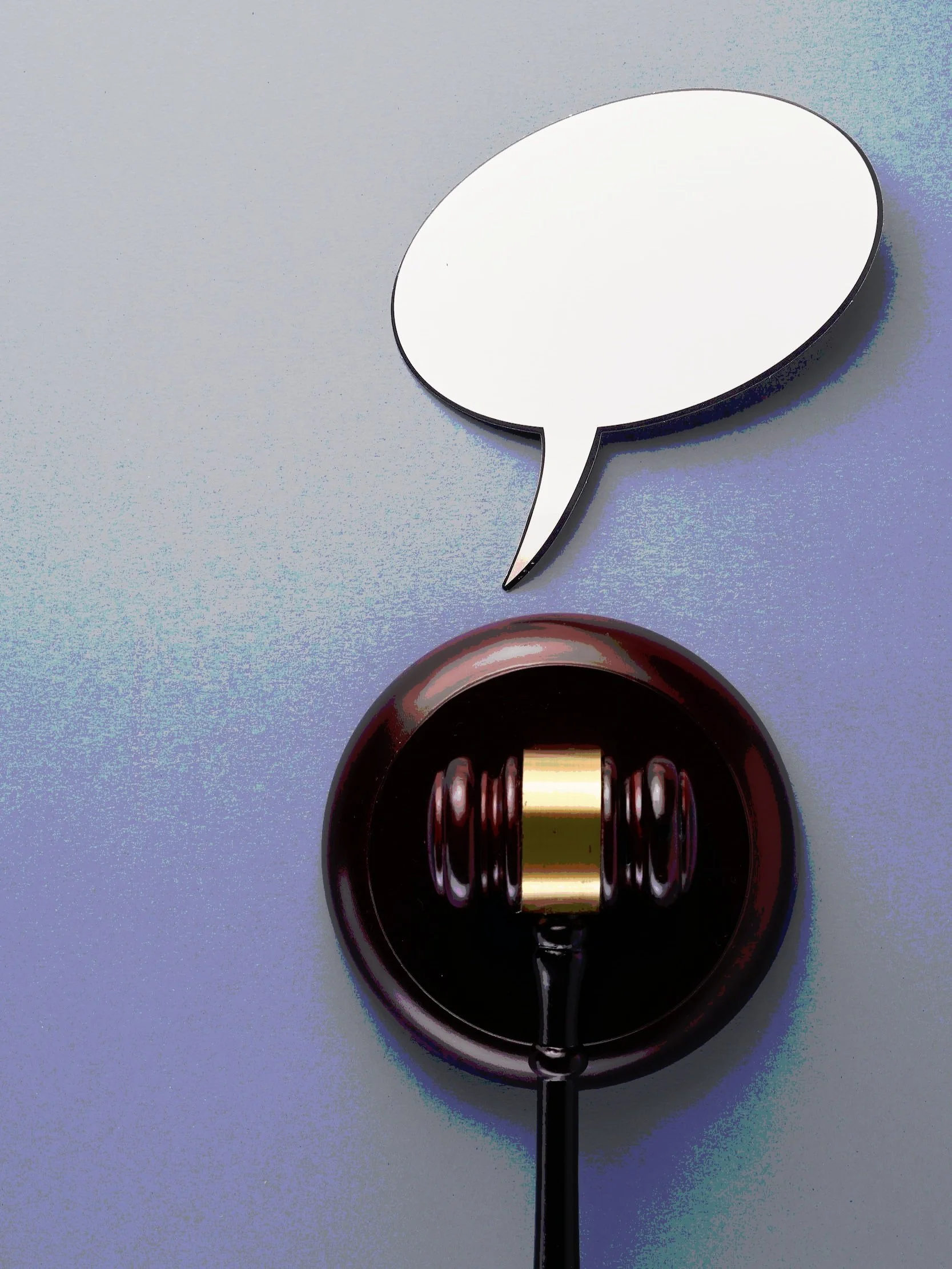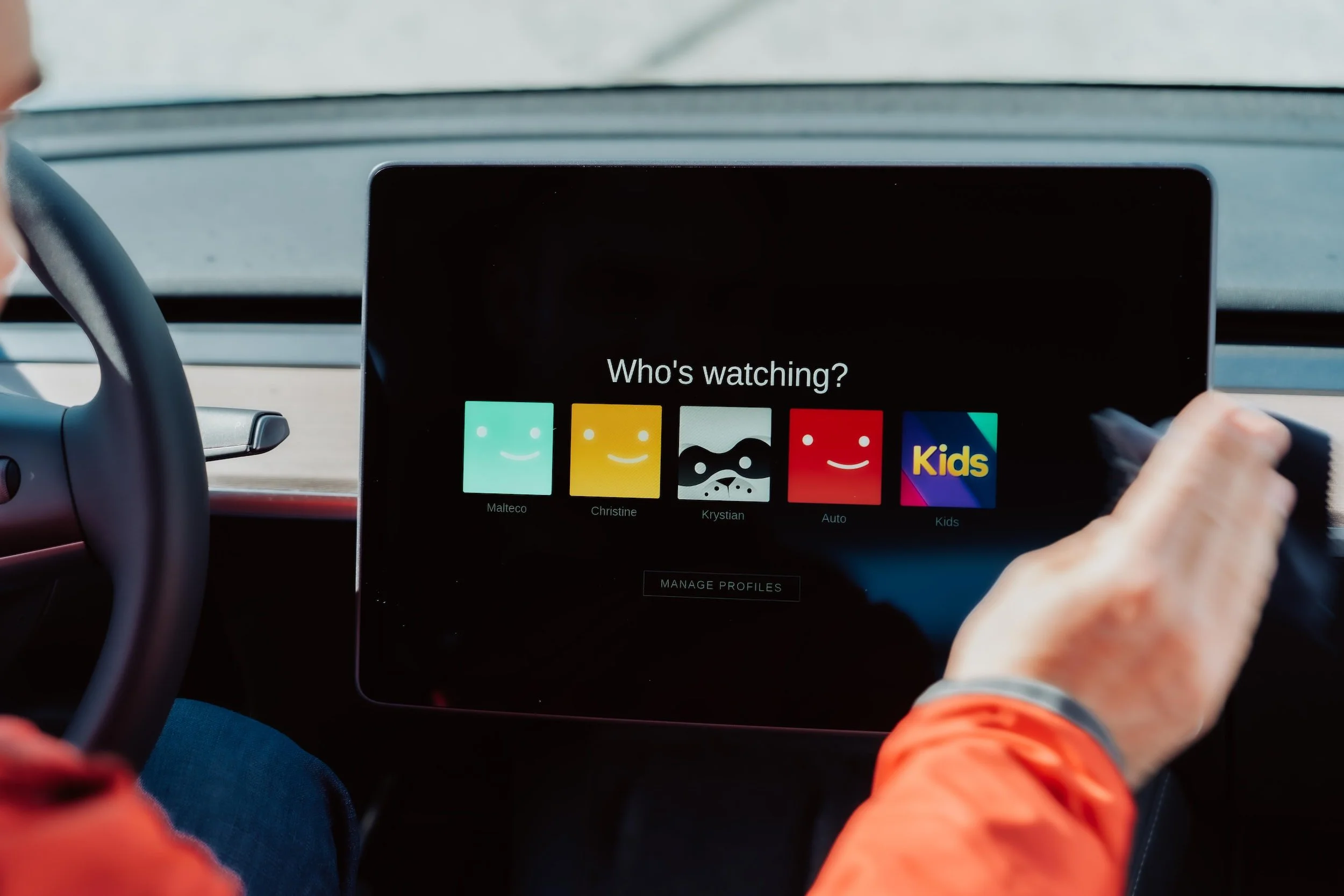AI. Lawsuits. Copyright. Matthew Butterick. These are all terms we’ve been inundated with in the past month. To avoid being redundant, we won’t be diving into much detail on these stories. Instead, we’ll be presenting some stories you may have missed.
If you are curious and would like to stay up to date on each case, we encourage you to sign up for email updates on each case using the following links.
GitHub Copilot Litigation
Stable Diffusion Litigation
the us and eu team up to regulate the tech industry
Image source: Unsplash
As the European Union continues to investigate big tech companies over user data privacy (most recently, TikTok), a new dual data privacy framework, the EU-US Data Privacy Framework (DPF), with the United States could impact the way in which data is transferred across the Atlantic. In the coming months, the EU is expected to make a decision on whether to adopt the DPF. Although this would not be immediately effective, a decision may come as early as later this spring.
Its fate currently rests in the hands of the US government. Congress has been gridlocked in passing comprehensive data privacy legislation for years. But passing a bill such as the American Data Privacy and Protection Act, American Innovation and Choice Online Act, or the Open App Markets Act would give the US the “adequacy” needed for the European Commission to decide in the DPF’s favor.
Museums use tech to bring people closer to art
Image source: Unsplash
Technology in the visual arts is continuing to trend across the world. In early January, J/M Gallery in London organized a showing entitled The Algorithmic Pedestal. The idea behind this show comes from artist Fabienne Hess. Instagram’s algorithm was used to determine which images from the Metropolitan Museum of Art’s public collection would appear in the showing.
New Mexico’s New Deal Art Virtual Museum, run by the nonprofit GallupARTs, received a 2023 Digital Projects for the Public grant from the National Endowment for the Humanities to open its doors to the public. The museum will host a digital collection of paintings, prints, murals, furniture and decorative arts from the New Deal era to make it more accessible to its community members.
Netflix & account sharing guidelines
Image source: Unsplash
As many streaming fans are well aware by now, Netflix posted new guidelines for account sharing. Its website states that “People who do not live in your household will need to use their own account to watch Netflix.” Users would be asked to set a “primary location,” which must be linked to their wifi and TV. All members of that household would then need to launch the app on their device at least every 31 days.
However, Netflix later stated that these guidelines were posted in error and won’t apply to US-based account holders yet, but only to Latin American countries. Chile, Peru, and Costa Rica have been experiencing these rules, which require users to pay an “Extra Member” cost to allow for additional users. For those sharing Netflix accounts with anyone residing in those countries, it could cause some inconvenience.
youtube music contract workers strike
Image source: Snapcraft
YouTube Music workers originally hired as remote workers have initiated a strike in response to the Austin office’s return-to-office policy. Alphabet Workers Union-CWA, representing the workers, claims that this policy “threatens the livelihoods of workers who do not live in the Austin area” and demands that Google, YouTube’s parent company, “meet with workers to establish a new RTO policy.” The union also asserted that this policy is being used to punish employees who recently voted to unionize.
Other strikes have been scheduled at other locations, including Mountain View, CA, and New York City, in protest of the 12,000 recent layoffs at Google, despite workers receiving minimal wages and the company maintaining its profits.
-
Aaron, David, Alfredo Alan Garza, and Todd Hinnen. “EU Takes Step Toward Approval of EU-US Data Privacy Framework.” JD Supra. January 25, 2023. https://www.jdsupra.com/legalnews/eu-takes-step-toward-approval-of-eu-us-5346507/.
Propp, Kenneth. “Biden’s call to modernize US tech policy would pay transatlantic dividends.” Atlantic Council. January 24, 2023. https://www.atlanticcouncil.org/blogs/new-atlanticist/bidens-call-to-modernize-us-tech-policy-would-pay-transatlantic-dividends/.
Velie, Elaine. “$62M Announced for Art and Humanities Projects Nationwide.” Hyperallergic. January 11, 2023. https://hyperallergic.com/792832/62m-announced-for-art-and-humanities-projects-nationwide/.
“GALLUPARTS RECEIVES $400,000 DIGITAL PROJECTS FOR THE PUBLIC GRANT FROM NEH.” gallupARTS. January 10, 2023. https://galluparts.org/wp-content/uploads/2023/01/gallupARTS_NEHGrantPressRelease_2023.pdf.
“Sharing your Netflix account.” Netflix. Accessed February 5, 2023, https://help.netflix.com/en/node/123277.
Mehta, Ivan. “Netflix lists rules and exemptions to prevent account sharing outside household.” TechCrunch. February 1, 2023. https://techcrunch.com/2023/02/01/netflix-lists-rules-and-exemptions-to-prevent-account-sharing-outside-household/.
Schonter, Allison. “Netflix Says New Password-Sharing Rules Were Shared in Error, Not Applicable to US.” Popculture. February 2, 2023. https://popculture.com/streaming/news/netflix-new-password-sharing-rules-shared-error-not-applicable-us/.
Roth, Emma. “Netflix hasn’t confirmed its plans to stop password sharing just yet.” The Verge. Updated February 2, 2023. https://www.theverge.com/2023/2/1/23581421/netflix-password-sharing-home-setting-block-devices.
Roscoe, Jules. “YouTube Contract Workers Are Going on Strike.” Vice. February 3, 2023. https://www.vice.com/en/article/3adg35/youtube-contract-workers-are-going-on-strike?utm_source=email&utm_medium=editorial&utm_content=tech&utm_campaign=230203.
Fingas, Jon. “YouTube accused of using return-to-office policies to thwart union organizers.” Engadget. January 25, 2023. https://www.engadget.com/youtube-contractors-union-nlrb-complaint-152056334.html.






